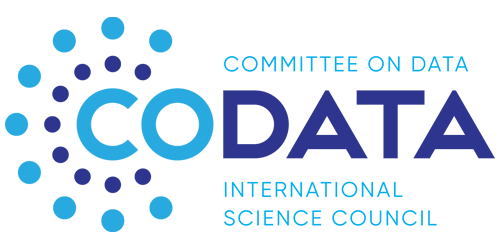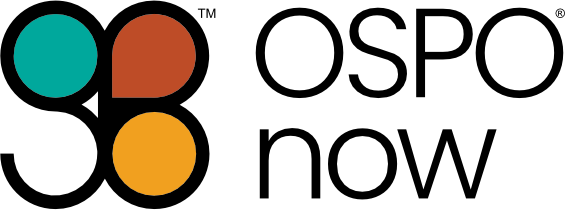Collaborating Institutions

LSHTM has an extensive network of health researchers across Africa focusing on population health and public health interventions. LSHTM will support training in appropriate data science methods in each country, depending on the local needs and resources available. Short courses on specific topics could lead to new modules on developing OMOP data packages that can be integrated into academic courses. The aim would be to build a network of data scientists in each country who use global standards to curate, harmonize, share, and analyze data from the projects within the country.

CODATA is a global collaboration to improve data availability and usability for all research areas. The Implementation Network for Sharing Population Information from Research Network (INSPIRE) hosted at APHRC, has collaborated with CODATA since its inception to promote data sharing by using international standards for describing data and metadata. CODATA’s role as the data arm of the International Science Council makes collaboration with infrastructure projects focused on the scientific “grand challenges” such as infectious disease a key part of its mission. INSPIRE is an excellent example of such collaboration.

The Division of Science and Innovation at the Africa Centers for Diseases Control and Prevention (ACDC) provides technical oversight and support to provide context and alignment with the African Union Data Policy, the upcoming Health Information Strategy, and ensure the project outcomes are well aligned with the AU Agenda 2063.

Mak AI Lab is located at Makerere University College of Computing and Information in Uganda. The Artificial Intelligence and Data Science lab specializes in applying AI and data science, including computer vision, natural language processing, and predictive analytics, to address challenges in the developing world, with a vision of excellence in AI research for accessible solutions and a mission to solve real-world problems. They will provide ethical AI and natural language processing expertise to the project.

OSPO Now’s mission is to empower organizations through strategic open-source solutions, promoting sustainability and maximizing impact. We provide customized strategies and support to enhance open-source adoption, including training, working groups, hands-on development, and direct consulting. OSPO Now contributes to the DSWB project by supporting open-source solution creation, use, and promotion of open science. We will co-create communities of practice for data science initiatives, develop standard operating procedures, and expand The Turing Way’s resources and community to include pathfinder countries.


